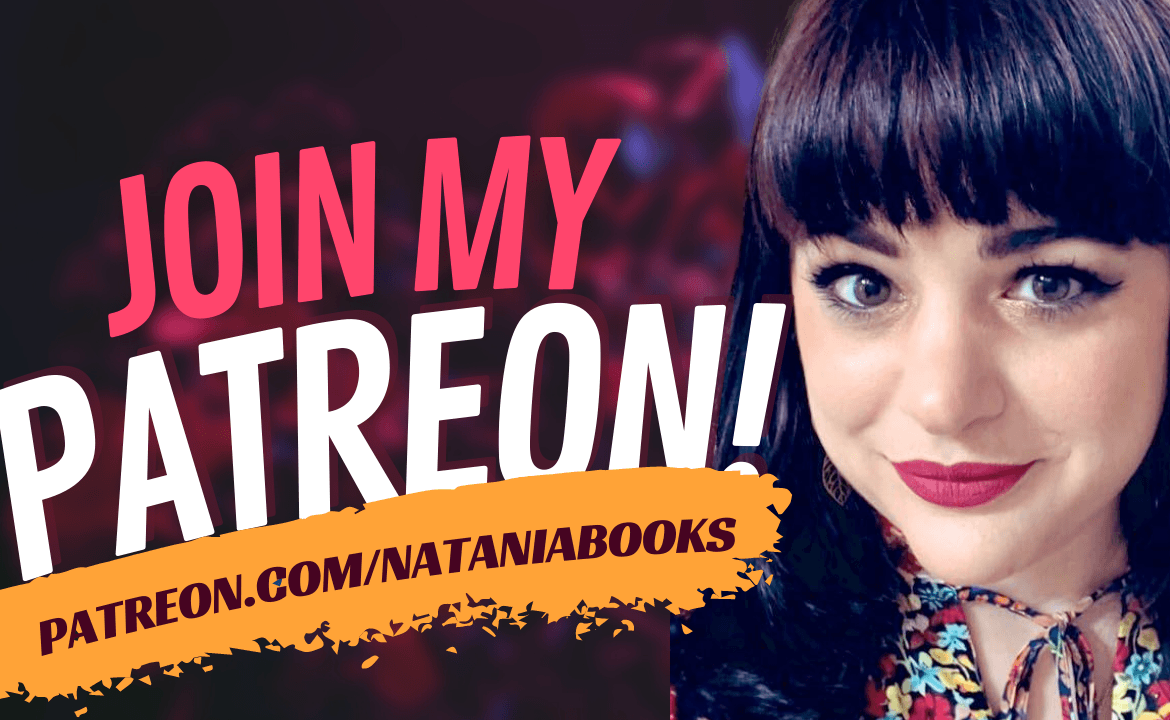
I recently had the pleasure of reading one of Lilith Saintcrow’s amazing entries about how writing can, indeed, save our lives. Since I have been revisiting in a book that did much to soothe my own soul, I wanted to tell you a little about it.
If you follow me on Twitter, you’ll know that a little less than a year ago, my younger sister was diagnosed with cancer. Now, illness kind of runs in our family; mom’s had cancer and a series of other ailments, dad’s been fighting a mystery disease/heart disease and suffered a near-fatal staph infection the week before my wedding. And that heart surgery he had happened to coincide with my college graduation. No to mention my son’s hospital stint the first 10 days of his life…
The short of it is that my sister’s cancer diagnoses hit me really, really hard. I’m not someone who sits around and talks about my feelings. I never have been. I had one major freak out during the “is it or isn’t it” cancer talk, before we knew for sure, but I never sat down and wrote a list of all the reasons it pissed me off and why I wanted to rip off someone’s head for ever allowing my little 25-year-old sister to have cancer.
Which is not to say I didn’t deal with it, and certainly not to say I didn’t write. In the five weeks after her diagnosis, in fact, I wrote a novel: Queen of None. I literally disappeared into Anna Pendragon’s story. And at the time I thought the book had nothing in common with my own issues, with the difficulties I was confronting. It was a story I’d been wanting to tell for a long time, and the first first-person narrative I’d tackled of such a length.
Oddly enough, I had a really difficult time going back to the book after a first few rounds of edits. It’s a dark story about dark magic, and the protagonist (if you can call her that) is slippery and strange, dramatic and selfish, a curious companion on the 85K journey. Her story was a little to difficult for me to manage at the time, while my sister was going through chemotherapy. So I moved on to another project.
Recently I decided to go back through the book and do a bit of tightening. Sort of like a corset. This one was strung right, but there were still gaps. I needed to close them, to make it smoother. But in the process I learned that much of the book has to do with illness, aging, and change–the sort of change that feels irrefutable–in one’s life.
Here are a few examples from the book that were particularly revealing to me:
Anna is frequently ill in the story. Sure, much of it is her own dramatic nature, but it’s one of those threads that winds through the whole story. She never specifies exactly what’s wrong with her, either, but she’s very aware of it.
And so, for my ills and afflictions, it was not on Arthur whom I laid the blame, but on Merlin; for he had spoken my prophecy, and he moved Arthur’s hands.
Merlin has terribly crooked hands. My father has a disease called hypersensitivity vasculitis, something that causes rhumatoid arthritis, pain, hives, and more pain. As a result, his hands have been crooked for the last 25 years, to the point he can barely use them (he still plays guitar, somehow; remarkable):
His knuckles were knobbed, twisted… growing at different angles.
Family is a large, large factor in the book. Sure, it’s dysfunctional as hell, but I wanted it to be that way (not that it necessarily reflects mine!). I remember reading my first medieval Arthur stories my freshman year in college and trying to figure out how young these people must have been when they started their families, and how close the generations at Camelot. I deduced that Anna Pendragon had to be around 15 or 16 when she gave birth to Gawain for the timeline to make sense. So, at a point, Anna and her sons are barely a generation apart; she’s not yet forty and has sons in their twenties. Then she goes and has another! When Gawain informs her of his plans to marry a middling princess, she has this to say:
“Mother—this is important to me.”
“No, it isn’t,” I said, taking my hand from his and sliding it under the covers. Part of me only wanted to take his head in my hands, to stroke his red curls as I once had when he was so young, to tell him that love was to be cherished, and that with hard work and determination he and Elaine would have a long, happy life together.
But I was not that kind of mother, and I did not want to lie. I had decided, with Gawain at least, that fostering such ideas would lead him away from his true talents, and the crown. And he could not afford that.
And lastly, Anna certainly represents that emptiness that I felt during the various illnesses in my family. A sort of alienation. I felt the world crumbling around me–as she recognizes is happening at court–but she is powerless to do anything about it. Through a book, she is able to exact revenge on the world around her. It is a difficult process, full of pain and trials; she nearly loses herself in the process. But when it is over, she has quite a great deal to show for it.
As I staunched the blood with the hem of my dress, gritting my teeth against the pain, I noticed Viviane’s book had fallen to the floor.
I watched as the pages opened and rustled at me with whispers of their own.
Through blurry eyes, I picked it up, and brushed my trembling hand over the page. In an instant, the pain was gone.
And the words were clear as if they’d just been written with fresh ink.
In the end, we not only speak to books, but they can speak back to us.












Reading your posts almost makes me want to look at Uninvoked once again, and see if perhaps there is a message or two in there at what my life was like. Maybe it is. Food for thought.
I agree that writing can be a means of survival. Thanks for sharing your thoughts on this, as well as a bit about Queen of None. May you continue your edits and find the healing peace therein.
Until I rewrote it and got all the junk out of it, Midnight was my story / Sami’s story was my story – with vampires tossed into the salad. Writing that book was more cathartic than any journaling I’d ever done.